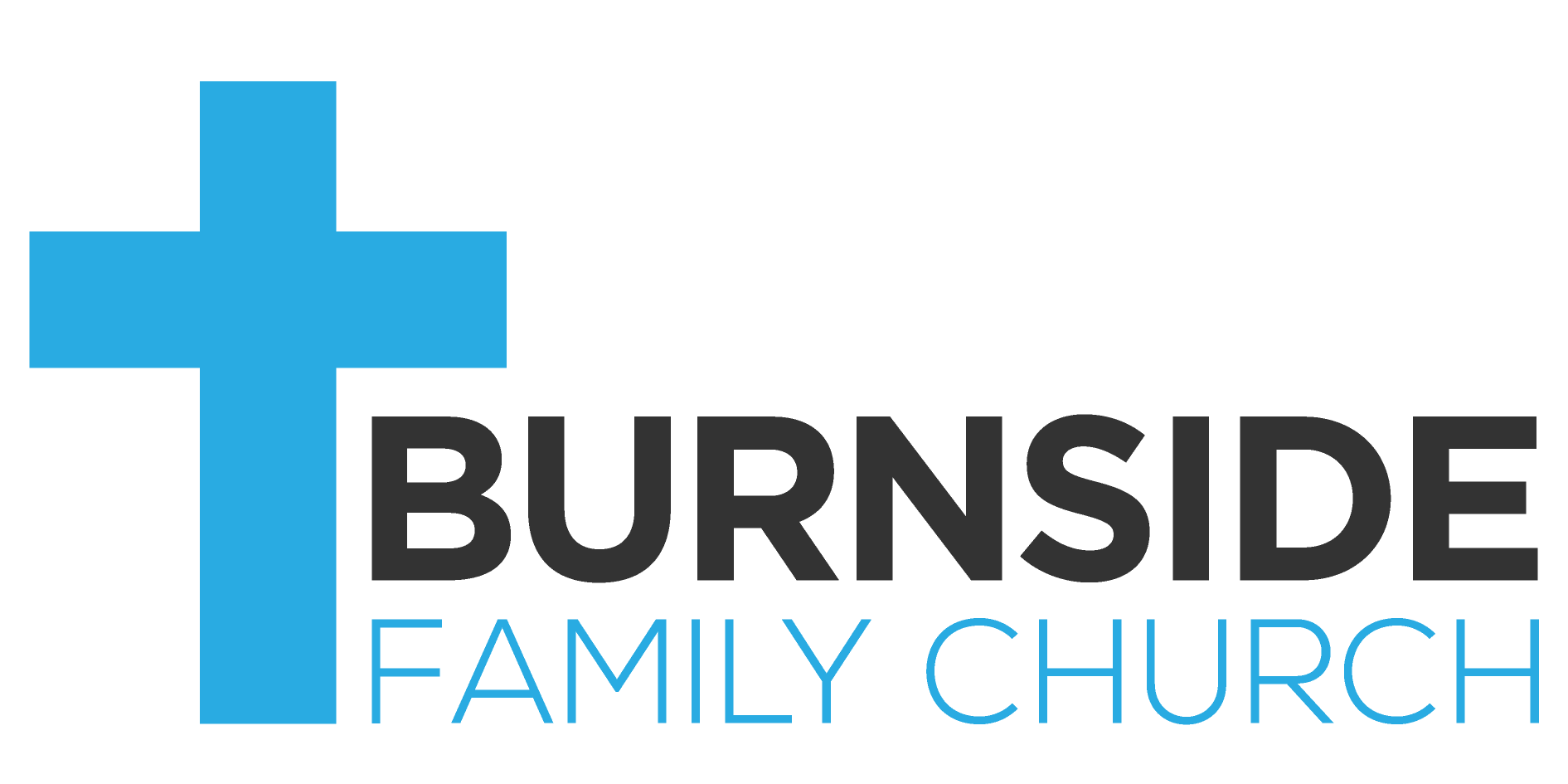Matt 15:1- 20 Warning about False Teachers.- by Jeff Byerley
The Study Matt 15:1- 20 Warning about False Teachers.
Outline:
15:1-2 Jerusalem Scribes and Pharisees come to attack.
15:3-9 Jesus attacks their man made oral laws.
15:10-11 Jesus declares all foods to be clean.
15:12-14 Jesus warns how to treat false teachers.
15:15-20 Jesus teaches on what defiles a person.
Our Reflections
1. Why did the Scribes & Pharisees make such a fuss over washing hands, etc (15:1-2)?
2. Why was Jesus' rebuke over their traditions (oral law) so important (15:3-9)?
3. what was the implication of Jesus teaching about food (15:10-11)?
4. How should we react to people like the Pharisees (15:12-14)?
5. What did Jesus mean about what defiles a person (15: 15-20)?
ATO Bible Study Group Reflections:
1. Why did the Scribes & Pharisees make such a fuss over washing hands, etc (15:1-2)?
Firstly we observed that these scribes and Pharisees had come from Jerusalem. In other parts fo this chapter we also see that Jesus' fame was spreading. The religious leaders, even in Jerusalem, saw him as a threat and sent members to Galilee to examine him and his followers. They found grounds to criticize because Jesus' disciples were not following the “tradition of the elders” in that they were not ritually washing their hands before eating. The priests were required to wash hands and feet before undertaking Temple duties (Ex.30:18-21). The Jews of our Lord's time believed that, in addition to the written law of Moses, there was an oral law given to Moses on Sinai and passed down from him by word of mouth till it reached the Great Synagogue of Council of Elders which succeeded Ezra after the return from the exile (m'Abot 1.1). Michael J. Wilkins in the NIV Matthew Application Commentary (2004) p.535, adds that the Pharisees adapted the concern for hygienic cleanliness to ceremonial purity and applied it to common Israelites. Indeed, Mark 7:4b says “And there are many other things which they have received and hold, like the washing of cups, pitchers, copper vessels, and couches”. They wrongly took this so called oral law as equal to the written law.
2. Why was Jesus' rebuke over their traditions (oral law) so important (15:3-9)?
Jesus countered their arguments charging them for using this man-made oral law to actually nullify God's written law. He referred to the fifth commandment to honour parents (Ex.20:12; Dt. 5:16). The Jews understood this to include supporting parents in their old age. But under the oral law, a man may by oaths and vows declare any such support “qorban”, meaning now dedicated to the Temple. Mark 7:12 refers to this “Corban” practice but adds Jesus words at v.13 “And there are many other things like this that you do”.
3. What was the implication of Jesus teaching about food (15:10-11)?
As it is made explicit in Mark 7:19b “In saying this Jesus declares that all foods are clean”.
4. How should we react to people like the Pharisees (15:12-14)?
Jesus twice warns that they are heading for Hell. Firstly he indicates that they are plants not planted by God that will be plucked up. We felt that the parable of the wheat and tares (13:24-30) was relevant here. Secondly, Jesus refers to the religious leaders as the blind leading the blind with both falling into the pit. We wondered at Jesus warning to his disciples “Let them alone.” We observed that Jesus did not go seeking to clash with others, but rather, pointed out the error of their ways when they attacked him. A lesson for the church to do likewise. That is, we are not primarily meant to go around attacking the falsity of other religions. Rather, we are to go into all the world professing the cross of Christ. This, of itself, will cause clashes, but we are then to defend the truths of the Gospel as led by the Spirit.
5. What did Jesus mean about what defiles a person (15: 15-20)?
Jesus taught that our hearts are naturally drawn to evil and spiritual uncleanliness. He made clear that it is not how well we observe outward codes that draws us closer to God. Rather, it is by letting God transform our hearts, which in turn transforms our lives. That is, it is an inside out regeneration, not an outside in cleansing.
